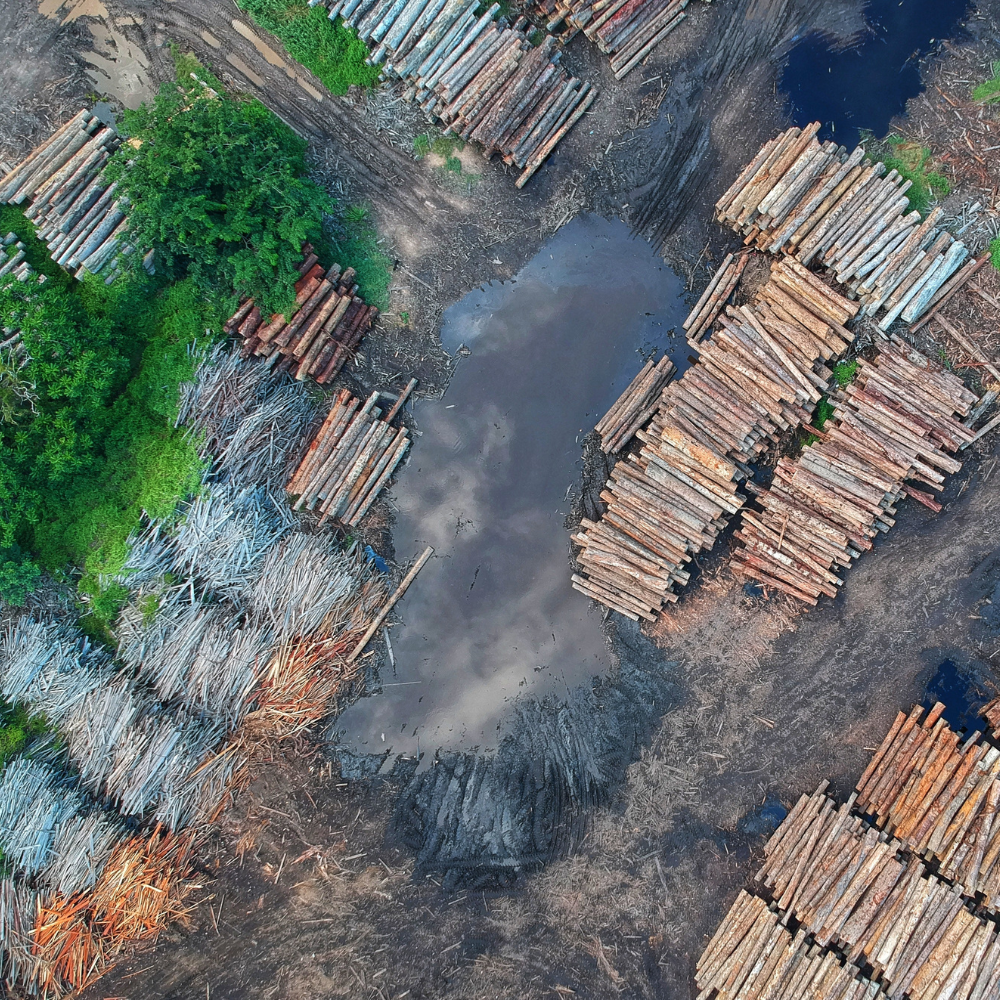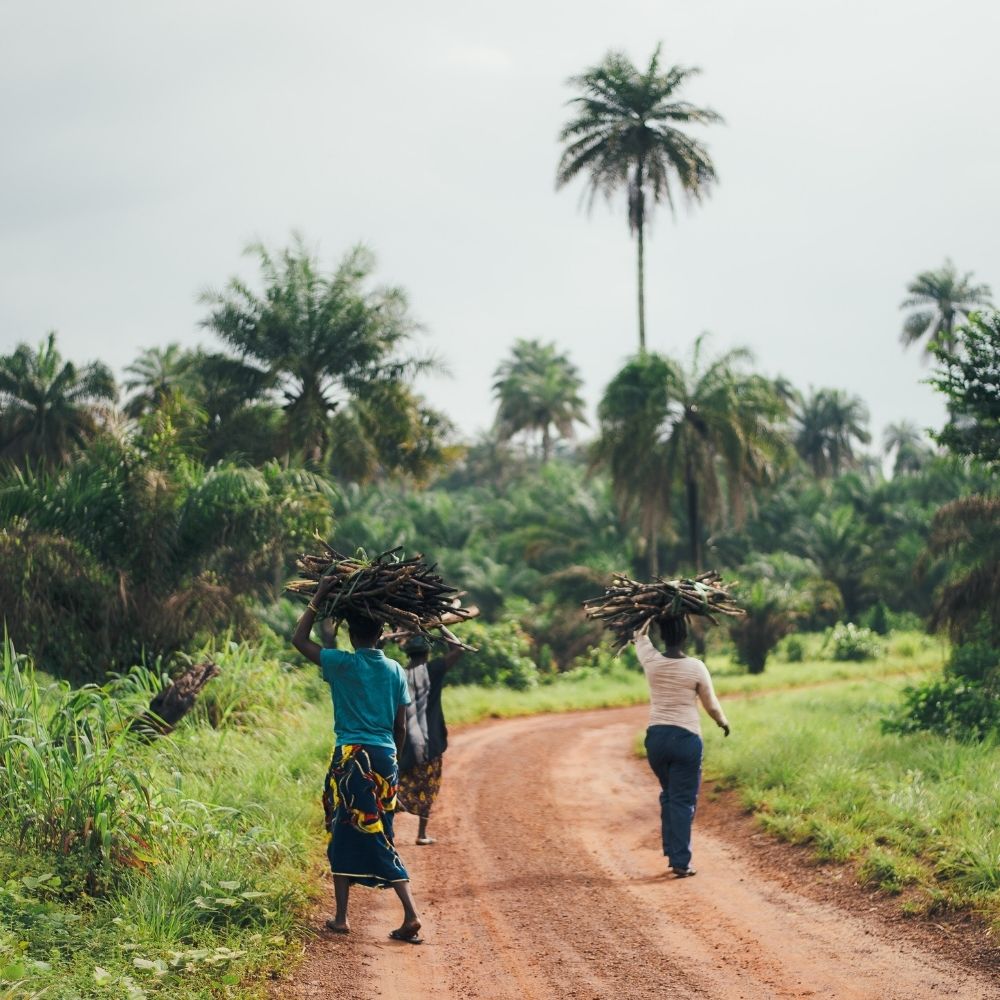Carbon Colonialism: a critical examination of forest preservation policies and their unintended consequences
What are the unintended consequences of forest protection policies in sub-Saharan Africa?

The most pressing challenge of the 21st century is the fight against climate change. In 2015, the world adopted the Paris Agreement of pursuing efforts to limit the global temperature increase to 1.5°C above pre-industrial levels. Achieving this target necessitates the preservation of natural spaces such as forests, mangroves, and aquatic ecosystems. Carbon concessions intended for forest preservation, however, may inadvertently increase deforestation due to the substitution of charcoal for wood. This project aims to investigate the effectiveness of forest protection policies with a particular focus on charcoal production in sub-Saharan Africa.
SUB-SAHARAN AFRICA






